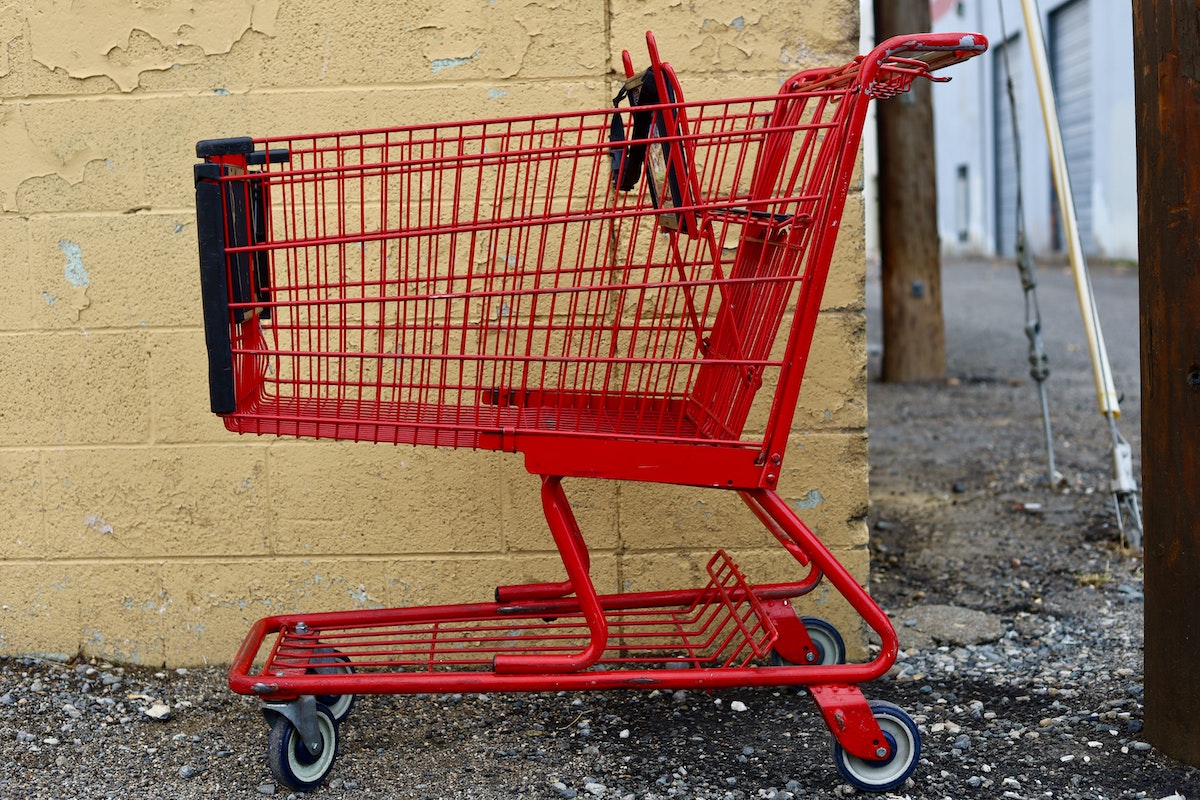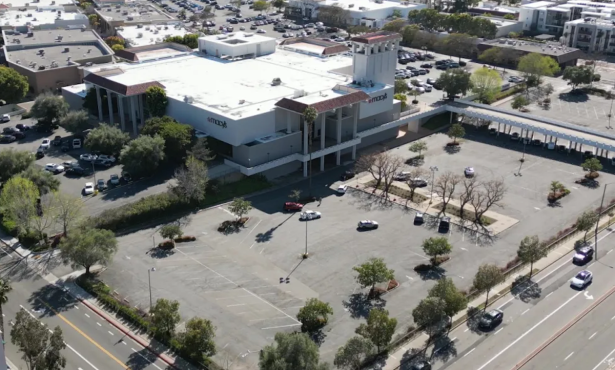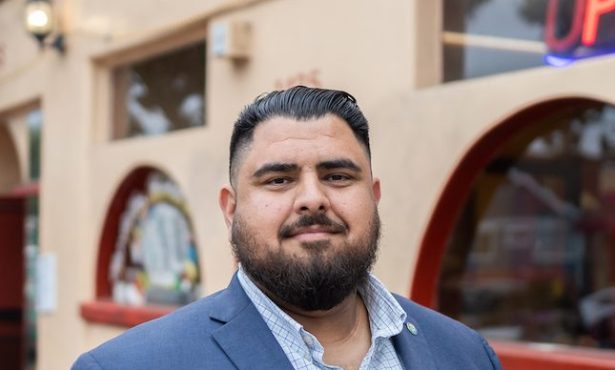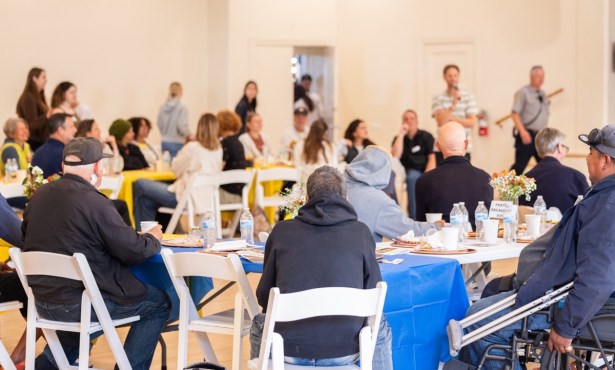Hazard Pay for Santa Barbara City Grocery Workers
Timing Is Everything: Too Little or Too Late? Maybe Both

AMG vs. AOC: Even by my own standards, I was getting a little reactive. Churlishly perverse, you might say. I was watching Santa Barbara’s City Council at the time. They were deliberating over a proposal to require that big grocery chains and big pharmacy chains give their front-line and essential workers what’s alternately been described as “hazard” pay, “hero” pay, or pandemic pay.
Maybe I’d come down with a bad case of hero fatigue.
I’m hardly dispassionate. My son works for Trader Joe’s and has throughout the deadly lifespan of our current pandemic. He lives at home. Given the necessity of the job and the intense exposure that comes with it, I’ve long held that grocery workers deserve to move to the front of all lines — testing, vaccines, and yes, even pay. This is where my nepotism — naked and unapologetic — dovetails nicely with my role as un-appointed public health czar.
Yet there I was, getting seriously bugged with the people espousing these very arguments. On the table was a proposal to require Big Grocery and Big Pharma to pay their workers $5 more an hour for four months. On a ton of points, they made a lot of sense. A Brookings Institution study released last December shows these companies had a 40 percent profit surge in the first half of 2020. Kroger — which owns Ralphs — enjoyed a 90 percent increase. By contrast, the workers for these companies saw their wages increase by 1.11 percent. Many companies initiated some form of hazard pay but soon dropped it.
Proponents larded their arguments with words like “despicable” and “unconscionable. “A political, moral, and legal failure.” Or, more pointedly, a “shameful abdication of responsibility.”
Maybe I’d come down with a bad case of righteous indignation fatigue.
More alarming yet, I found myself nodding along in agreement with Anna Marie Gott, the ultimate troll under the bridge at any council meeting. Gott is off-the-wall smart, relentless, and indefatigable. If she wasn’t such a nattering nabob of negativity — to steal a line from Nixon’s Vice President Spiro T. Agnew — she’d truly be an awesome civic watch dog. Unfortunately, her usual agenda seems to be “I’m right; you’re stupid.”
But Tuesday night, she was right. And the whole thing did look a little stupid. “Thirteen months into a worldwide pandemic and you’re just now concerned about hazard pay?” she demanded, her voice quavering with theatrical incredulity. “This is an election year; let’s be blunt.” Why not help out all workers? she demanded. Why not pass a real living wage?
My nepotistic sympathies aside, I’d harbored similar doubts. This week, we just shifted from Red to Orange. Schools are opening up. Bars no longer have to pretend to serve food. (And who among you believes those oversized microwave pretzels they serve qualify as actual food?) Case counts are way down. Homeless people now hold signs in front of Jim Knell’s properties reading, “Will intubate for food.”
Yes, there are some scary variants out there ready to bite us all on the ass if we aren’t stampeded by our rush to complacency first. That being acknowledged, the timing of this measure calls to mind what they used to say in France about 700 years ago: “Figs after Easter?” (Look it up.)
It should be understood that councilmembers Meagan Harmon — quickly emerging as Santa Barbara’s equivalent of AOC — and Oscar Gutierrez, stolid stalwart of the Westside, are pushing this as an urgency ordinance, meaning it gets processed 10 times faster than other proposed ordinances. To make that stick, however, the council needs to make the finding that action is necessary for “the imminent preservation of public peace, health, and safety.” A few months ago, that would have been a no-brainer. Now, however, as City Attorney Ariel Calonne put it, “That’s not a trivial hurdle.”
A few councilmembers had questions. Kristen Sneddon wondered why City Hall should single out some “heroes” for remuneration and not others. Mike Jordan wanted to know what happened in the other 30 cities where such measures have been passed. (The answer is that Big Grocery is suing. Kroger shut down five supermarkets. And the Grocers Association is threatening to increase prices, cut back on employee hours, and shut down more stores, all the while patting themselves on the back for providing hand sanitizers, not to mention the protective shields and screens that they initially resisted.)
In response, Harmon quickly watered down key provisions to get the required five-vote supermajority; mathematically, that’s challenging because councilmember Eric Friedman can’t vote since he actually works at Trader Joe’s. Harmon reduced the number of days the ordinance would be in effect from 120 days to 60 days. And to the extent any of the chains had initiated some form of hazard pay — as Trader Joe’s has — that would be included in whatever hourly bump in pay the council eventually mandated.
All these obvious flaws acknowledged, does that mean it’s a bad idea?
No, not at all.
The grocery industry made out like bandits during the pandemic. Forty percent profits! My son — not a hero, but a conscientious and hard worker — showed up, danced with the virus, surfed all the attendant panic, and weathered the inevitable fallout induced by various outbreaks at a time when test results were typically not available until eight days later.
Maybe I’m just another nepotist. Or maybe I came down with a bad case of greed fatigue.
Support the Santa Barbara Independent through a long-term or a single contribution.



